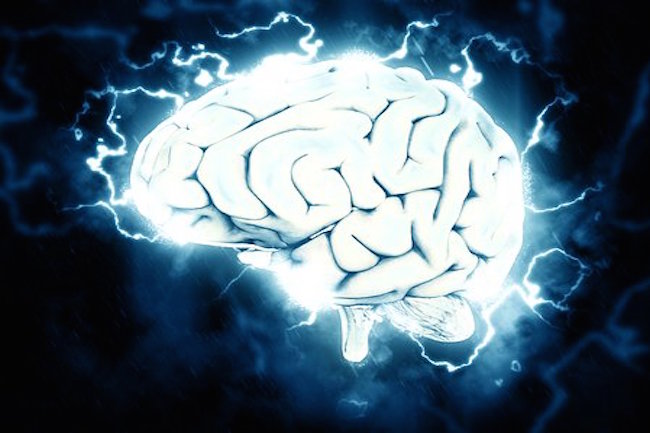Probiotics Help Prevent Cognitive Decline by Dr. Joseph Mercola for Mercola
As your “second brain,” the state of your gut has been shown to play an important role in your neurological health. Importantly, studies have shown probiotics (beneficial bacteria) can help decrease pathological hallmarks of Alzheimer’s disease (AD), including amyloid plaques and tangles.1
One of the most impressive of these studies2 was published in Frontiers in Aging Neuroscience in 2016. Sixty elderly patients diagnosed with Alzheimer’s received either a placebo or a probiotic milk product containing Lactobacillus acidophilus, Lactobacillus casei, Bifidobacterium bifidum and Lactobacillus fermentum for 12 weeks.
At the beginning and end of the study, participants underwent a standardized cognitive assessment and a highly sensitive c-reactive protein test, which is a powerful marker of inflammation. As reported by neurologist Dr. David Perlmutter:3
“The results of the study were stunning. The placebo group showed an increase in hs-CRP, the inflammation marker, by an impressive 45 percent. In the group taking the probiotic, on the other hand, hs-CRP … declined by 18 percent, indicating a dramatic reduction in inflammation.
But here’s the truly exciting news. Over the 12 weeks, the patients in the placebo continued to decline mentally, as you might expect … But the group on the inflammation reducing probiotics actually demonstrated … improvement, with their MMSE [mini mental state examination] scores going from 8.67 up to 10.57, and that’s a huge improvement.
Again, not only was their mental decline stopped in its tracks, these individuals regained brain function! The message here is that inflammation is directly determined by the health and diversity of our gut bacteria, and this has major implications in terms of brain health, function, and disease resistance.”
Your Gut and Brain Are Linked
Since then, several other studies have been published, showing probiotics can help improve cognitive function and ward off dementia, including Alzheimer’s. While this may seem all too simple to be true, it makes perfect sense when you consider the deep connections that exist between your gut and your brain. As explained by Harvard Health:4
“Research shows that the gut and brain are connected, a partnership called the gut-brain axis. The two are linked through biochemical signaling between the nervous system in the digestive tract, called the enteric nervous system, and the central nervous system, which includes the brain.
The primary information connection between the brain and gut is the vagus nerve, the longest nerve in the body. The gut has been called a ‘second brain’ because it produces many of the same neurotransmitters as the brain does … What affects the gut often affects the brain and vice versa.
When your brain senses trouble—the fight-or-flight response—it sends warning signals to the gut, which is why stressful events can cause digestive problems like a nervous or upset stomach. On the flip side, flares of gastrointestinal issues like irritable bowel syndrome (IBS), Crohn’s disease, or chronic constipation may trigger anxiety or depression.”




